|
ANIMAL NAME: Snoopy SPECIES: Koala (Juvenile Male) RESCUE DETAILS: Rescued by K Silk, My Bush Babies Australia, Wivenhoe Pocket. HOSPITAL/VET: UQ Vets, RSPCA Wildlife Hospital Wacol & Australia Zoo Wildlife Hospital REHABILITATION DETAILS: Rehabilitation by Toowoomba Koala & Wildlife Rescue RELEASE DETAILS: January 2021, Wivenhoe Pocket 31st January 2021 🐨 📸 Koala “SNOOPY” returns home. These are a couple of photos of dear “Snoopy” just before his release back to the wild last weekend. Big thanks to Kathy from @My Bush Babies Australia for sending the photos through. Kathy tells us that the release went very well. “He knew where he was. Went straight up and was eating within ½hr.” “The elderly property owner was so happy to see him home” 🏥 You may notice the koalas right eye still looks a little weepy, the hospital found that this is due to the tear-duct on that side being blocked from scar tissue so it will always weep, however he has been monitored for a long time now to ensure that the eye doesn’t cause him any issues in the wild. We are so happy for you “Snoopy 😘 22 January 2021 You may remember our beautiful little pale grey koala “Snoopy”, who was rescued from the top of a dog kennel way back in September by Kathy? “Snoopy” has had a long road to rehabilitation which has included a variety of medical treatments at three separate wildlife hospitals and also a time in care with us at our rehabilitation facilities! He has been in treatment now for over four months!! Everyone who has had something to do with this little koalas recovery has completely fallen in love with him and all describe him as a ‘total sweetheart’💕. We were so pleased to get the call this week to say that he has successfully recovered from his condition and has been cleared for release back to the wild. Good luck “Snoopy”, it was a pleasure to look after you for a small part of your journey back to health. Kathy who was his original rescuer will be releasing him tomorrow after he is discharged from hospital. KEEP UP WITH THE LATEST FROM TKWR
0 Comments
SPECIES: Eastern Grey Kangaroo RESCUE DETAILS: Rescued by M Butlin & G Butlin, TKWR at Meringandan Qld, January 2020 RELEASE DETAILS: Meringandan Qld, January 2020 It’s been a week of tricky 🦘 Kangaroo rescues for Maree! This is a before photo of one of the challenging rescues she and Georgia performed. A young Eastern Grey Kangaroo found itself trapped in a house yard that had recently installed a new fence on the side of the property that led to bushland. The kangaroo had started to panic not being able to work out how it got itself into the situation and was confused trying to get out again, not locating an access gate at the front of the property. The front access led to a busy road and wasn’t an ideal exit in any case during the day. It is always a delicate situation with macropods as they can go into “stress myopathy” easily and so a lot of considerations had to be made. To cut the story short, with careful planning the kangaroo was able to be gently caught and released immediately into the bushland behind the property successfully. This is a massive task and they did so well to make sure it went smoothly, preventing the kangaroo from causing injury & stress to itself as they often can do in these situations. Well done ladies! KEEP UP WITH THE LATEST FROM TKWR
ANIMAL NAME: Brownie SPECIES: Blue Tongued Lizard RESCUE DETAILS: Rescued by C Gray, TKWR at Highfields, January 2021 HOSPITAL/VET: Eclipse Park Vets REHABILITATION DETAILS: Rehabilitation by Toowoomba Koala & Wildlife Rescue RELEASE DETAILS: January 2021 🦎 “BROWNIE” was rescued by Cam recently after being found in an unusual location at a house in Highfields and there was concern about possible dog trauma. Fortunately the lizard was without injuries and was kept in care for monitoring. It went into a full skin shed within a couple of days. It ate well and was quite feisty and so it was also ready for Cam to to return it to the wild today. KEEP UP WITH THE LATEST FROM TKWR
ANIMAL NAME: Bingo SPECIES: Blue Tongue Lizard (Adult) RESCUE DETAILS: Mop, Dec 2020 HOSPITAL/VET: Herriot House Vet REHABILITATION DETAILS: Rehabilitation by Toowoomba Koala and Wildlife Rescue RELEASE DETAILS: January 2021 “BINGO” the blue-tongue was rescued by Jill at the end of December and taken to Herriot House Veterinary Surgery. It had mild trauma injuries and was started on pain relief. It has improved and coped very well with medication, rest and rehab and we were pleased to let Jill know today that her lizard has now been released. KEEP UP WITH THE LATEST FROM TKWR
Did you know that there are actually TWO SPECIES of BRUSHTAIL POSSUMS in the Toowoomba Region? This cute photo below shows a good comparison of two species of orphaned brushy joeys. On the left is the Short-eared Mountain Brushtail Possum (aka Bobuck) (Trichosurus caninus) and on the right is the Common Brushtail Possum (Trichosurus vulpecula). The Short-eared Brushtail requires different care & diet than a Common Brushtail as it gets older, and has a very long time in care and requires a long-term commitment from its carer. The Short-eared Brushtails are mostly found in rainforest vegetation and locally are seen on the escarpment of Toowoomba, Highfields and Ravensbourne to name a few areas. Common Brushtail Possums are found in all habitats including dry and wet forests, inner suburbs and at times in ceilings! Please remember that if you come across a deceased possum or marsupial, to take the time to check its pouch for a joey and call for help from your local wildlife carer group, the rspca wildlife helpline 1300ANIMAL or take the possum to your local vet for assistance. These two possums were saved because of quick-thinking members of the public. KEEP UP WITH THE LATEST FROM TKWR
10YEARS AGO TODAY ... 10th January 2011... THE TOOWOOMBA FLOODS 10 years ago our region experienced devastating flooding - it’s hard to summarise an event like that . Leading up to this day- the heavy rain began on 19th of December and seemed to just keep coming. During this time I started to get a lot of birds in care that were either ‘waterlogged’ or hungry and struggling from not being able to find food. I had 10 baby Magpie Larks (Peewees) in care as their mud nests had all gone to slop and they kept being found on the ground, along with tawny frogmouths and a baby Galah. Many carers also had a lot of birds and rain affected animals. From the actual floods however, we expected a lot of wildlife to require emergency care- but this was naive thinking on my part, having never experienced wildlife rescue in a natural disaster before, my expectations of animal survivors was unrealistic. We were flooded in at our property for 2 days due to our normally dry creek flooding the road. Once it was clear on the 12th, Brendon immediately packed all his tools and equipment to go volunteer in the clean up at Murphy’s Creek and that’s where he would be for the next few months. Tony & Maree also went to Murphy’s Creek to volunteer helping organise emergency electrical work and also did this for a very long time. Most people we knew were doing something to help honestly. For me at this time, My children were still young and I had been volunteering with my friend and wildlife mentor Clare, one to two days a week. I knew she would have been finding it hard getting branches for the koalas as they still need to eat despite the weather, and there aren’t any supplement foods that you can give! I set about cutting as much fodder as I could fit in my car from our own property and my children and I took it over to Clare to feed the 3 koala babies. At the time Clare never shared her wildlife work online, however she gave me permission to share these adorable photos of her three babies on my Facebook profile - as something to cheer people up during such an emotional time. I am re-sharing the photos on this anniversary as they still make me smile and remember her and how grateful I was for her trusting me and the experiences she allowed me & my family to be a part of- she changed my life for the better. On this day we not only remember all of the animal lives lost, wildlife and domestic, but the human lives and families changed forever from this tragedy. Our daughter sadly lost one of her special kindy friends along with her friends dad... words can’t describe the awful devastation that occurred. The couple of flood photos in this post were taken by Brendon on the morning on the 10th in Toowoomba. Locals will recognise these locations. Let’s pray we never experience something like this again. Judi SPECIES: Brushtail Possum, Adult Female and Back-rider juvenile RESCUE DETAILS: Rescued by C Walker, TKWR at Mt Lofty Toowoomba, 9 January 2021 HOSPITAL/VET: Herriot House Vets REHABILITATION DETAILS: Rehabilitation by C Walker, Toowoomba Koala and Wildlife Rescue RELEASE DETAILS: January 2021, Mt Lofty Fire crews performed a delicate rescue at Toowoomba this morning after a possum and her baby both got their heads stuck inside a skip bin at Mt Lofty. It took them more than an hour to free her. The possum was checked over by wildlife carer Carol Walker from Toowoomba Koala and Wildlife Rescue and wasn’t seriously injured. KEEP UP WITH THE LATEST FROM TKWR
ANIMAL NAME: Crusoe SPECIES: Koala (Adult Male) RESCUE DETAILS: Rescued by B Gray, TKWR, Geham Qld, November 2020 HOSPITAL/VET: RSPCA Wildlife Hospital Wacol & Australia Zoo Wildlife Hospital RELEASE DETAILS: January 2021, Geham Qld MEET 🐨 KOALA “CRUSOE” (aka Robinson Crusoe) 🌳 Brendon rescued this koala back in mid-November. The rescue was high and challenging to say the least and I don’t have any photos of the situation as Maree and I both had our hands full holding the ladder and passing up equipment. 🏥 The koala had early stages of chlamydial conjunctivitis and we knew that if we could get medical intervention sooner than later- he would have a good chance at recovery. 🐨 “Crusoe” was a big male koala and he was successfully medically treated with joint care efforts between the Rspca & Australia Zoo Wildlife Hospitals. Yesterday we had the pleasure of returning him back to his home. 🙏 Thanks to wildlife carer Samantha for assistance with transport, and to Jan and Tim the property owners for providing such a wonderful safe habitat for wildlife on their property. Jan is a wonderful wildlife photographer and sent me this great photo comparison image of before and after. Good luck “Crusoe” KEEP UP WITH THE LATEST FROM TKWR
SPECIES: Magpie Lark (juvenile fledgling) RESCUE DETAILS: Rescued by K Gray, Kleinton REHABILITATION DETAILS: Rehabilitation by Toowoomba Koala & Wildlife Rescue & Tiny Haven Wildlife Sanctuary RELEASE DETAILS: TBA This juvenile Magpie Lark (aka Pee Wee) was rescued by Kirra & Jasmine on New Years Day, after being found on a residential street, away from any trees or obvious places where the mud nest may have been, making reuniting impossible. It was still very small, and being out in the hot sun, on the bitumen road on its own, it wouldn’t have lasted long, so it was very lucky to be rescued! It has adapted well in care and on weigh in today he is now 45 grams!! Now that he is ‘out of the woods’ we hope to find another carer with similar sized birds that it could be raised and then released with eventually . In the mean time he is keeping us busy with its regular feeds. Big thanks to Kaehla from Tiny Haven for accepting this little Magpie Lark to be raised & released with others she had in care. KEEP UP WITH THE LATEST FROM TKWR
Male koalas are on the move and looking for love, as the koala breeding season begins in the Toowoomba Region. September through to February is the local koala breeding season and during this time, koalas in search for prospective mates can be seen in unexpected areas and are likely to be found crossing roads at unusual times of the day and night, entering people’s back yards and getting caught in dangerous situations. With this increased movement comes the higher risk of car trauma and dog attacks.
Increased koala movement during this time, is a natural part of the koala life cycle but due to increasing fragmentation of habitat, koalas often end up travelling along the ground and walking longer distances more than usual to find the next suitable habitat or mate. In the greater Toowoomba Region, there are now more people now living in koala habitat areas and they are a lot more likely to encounter each other during this time. It is during this time is also when we see young juvenile koalas leaving their mothers and having their own independence, migrating into new and unfamiliar territories looking for their own place to live as they explore new areas. With this greater movement of young inexperienced koala populations, the public need to take care by making sure that their yards are koala friendly and keeping pets inside at night and abiding to speed limits on the roads and taking notice of wildlife crossing and awareness signs in areas where koalas are known to frequent. Toowoomba Koala and Wildlife Rescue are urging the community to be mindful of the increase in koala activity during this time to make sure that no more koala lives are lost while looking for love. Should you find a sick, injured or orphaned koala in the Greater Toowoomba Region, please phone 0458 155 177 or the RSPCA on 1300 264 625 |
AuthorJudi Gray - Toowoomba Koala and Wildlife Rescue Archives
July 2023
Categories
All
|
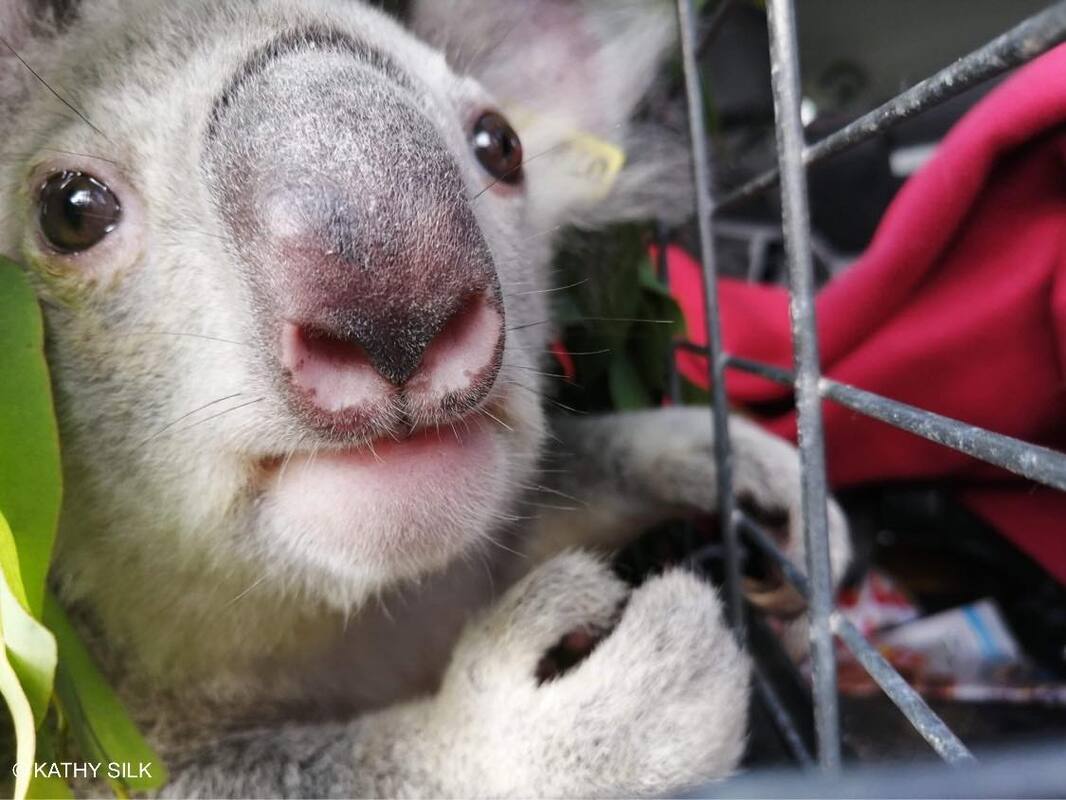
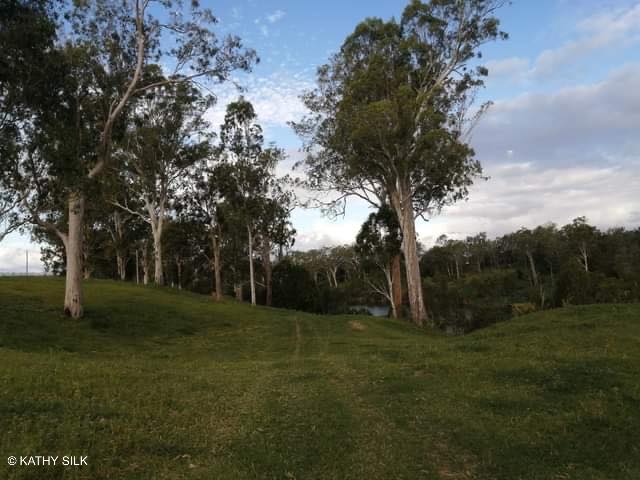
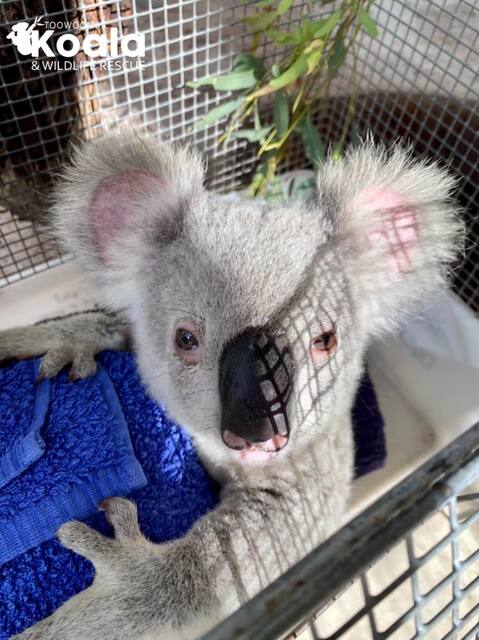
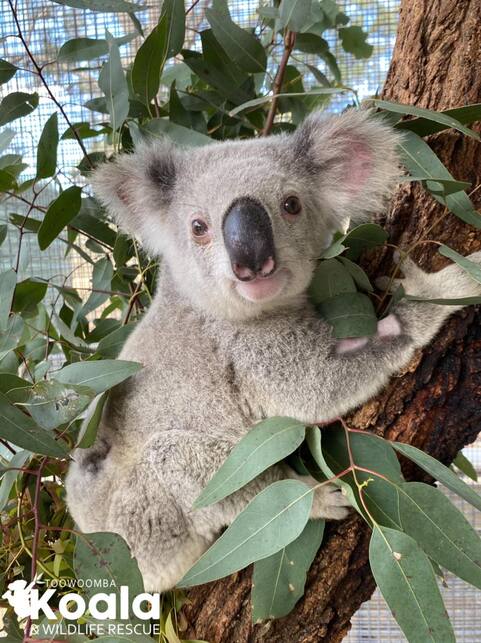
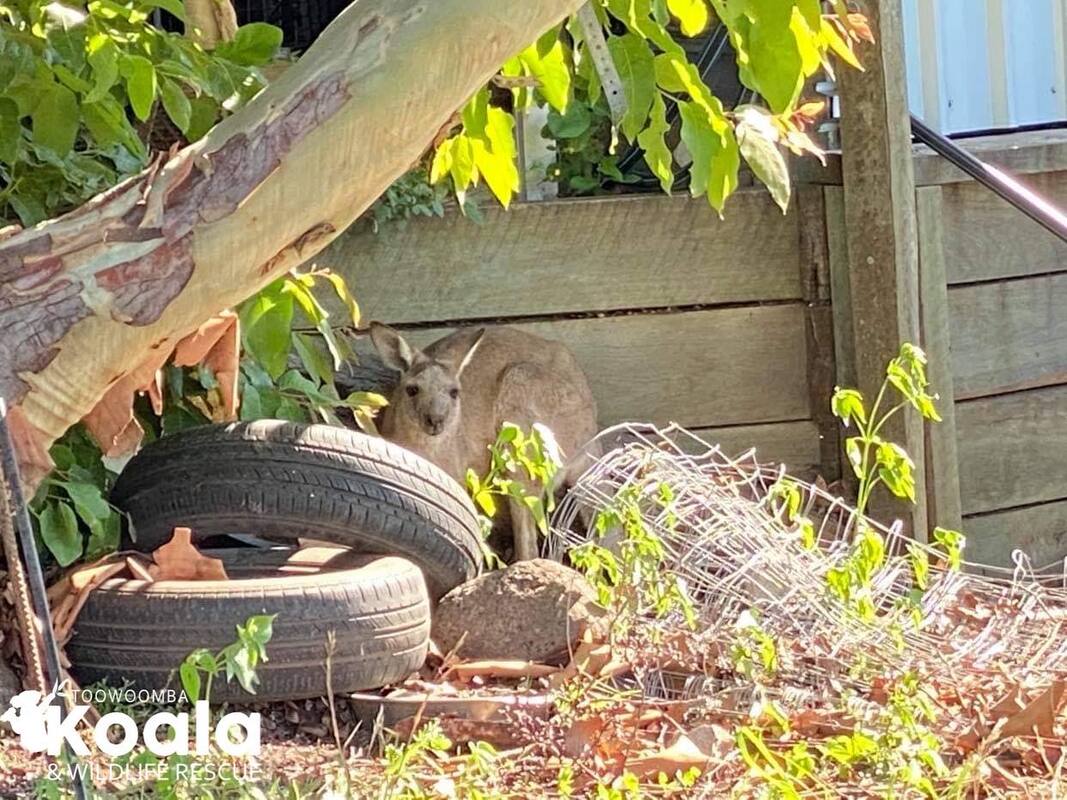
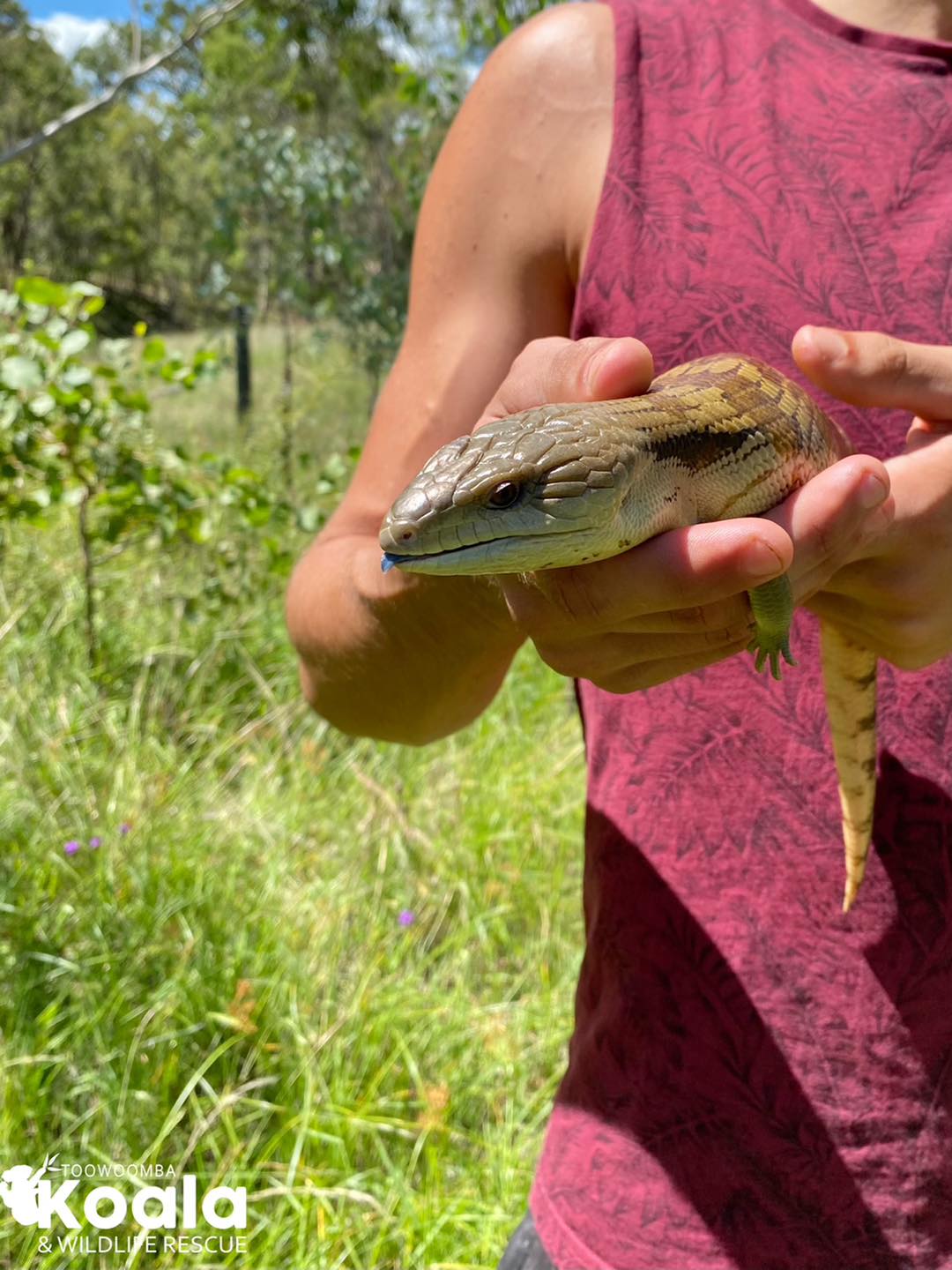
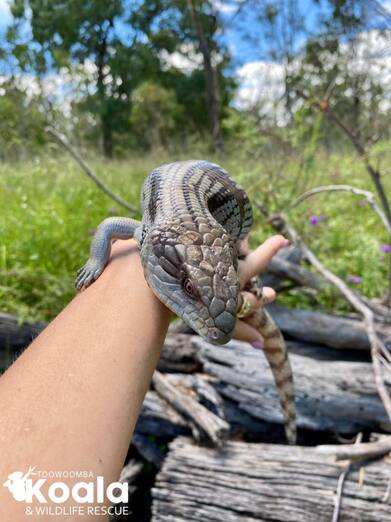
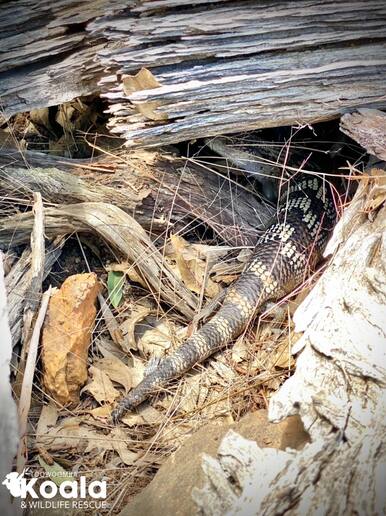
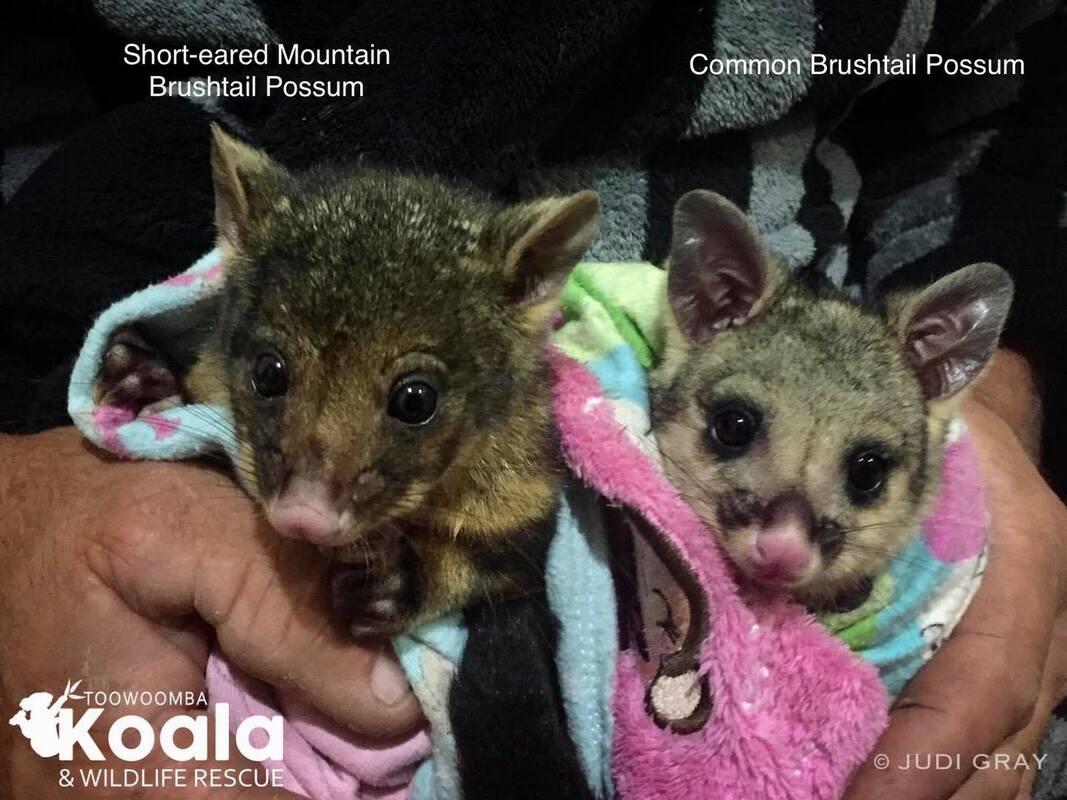
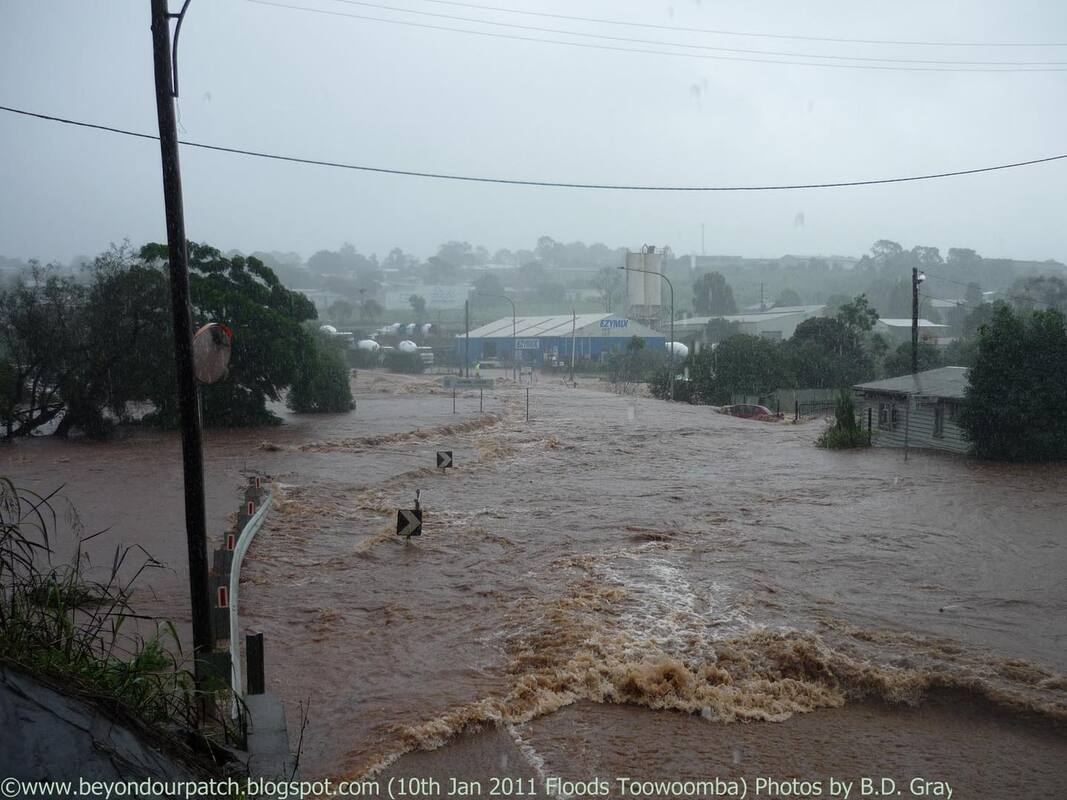
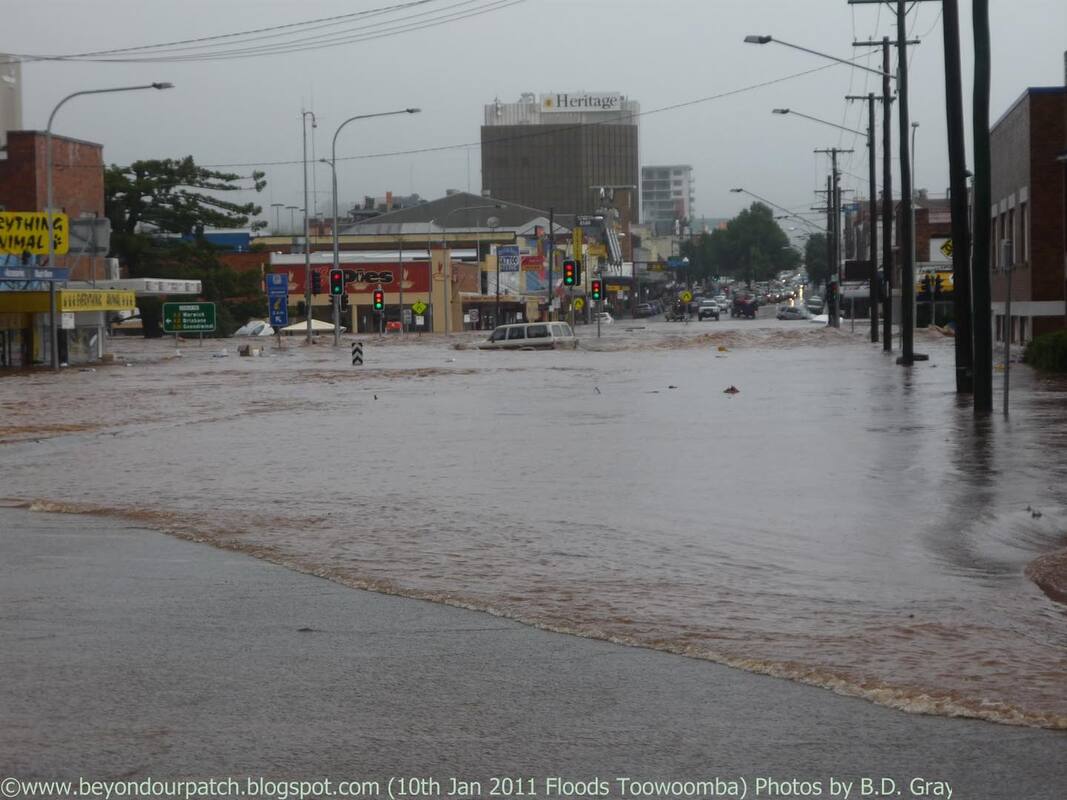
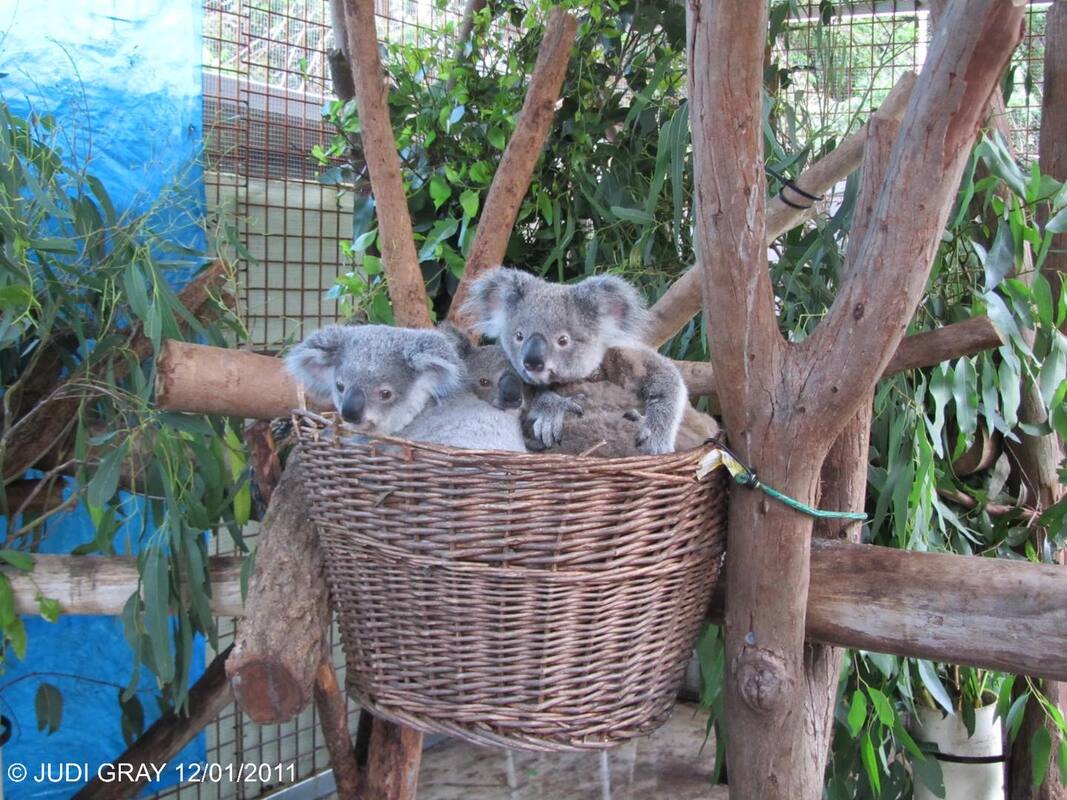
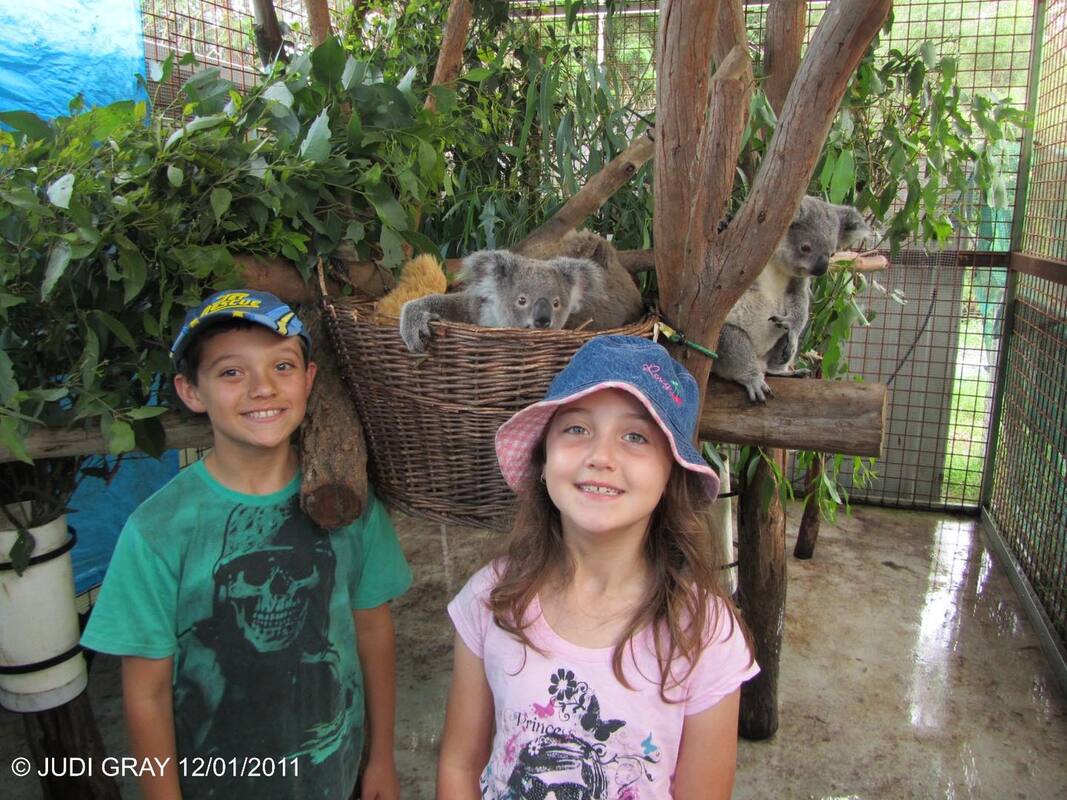
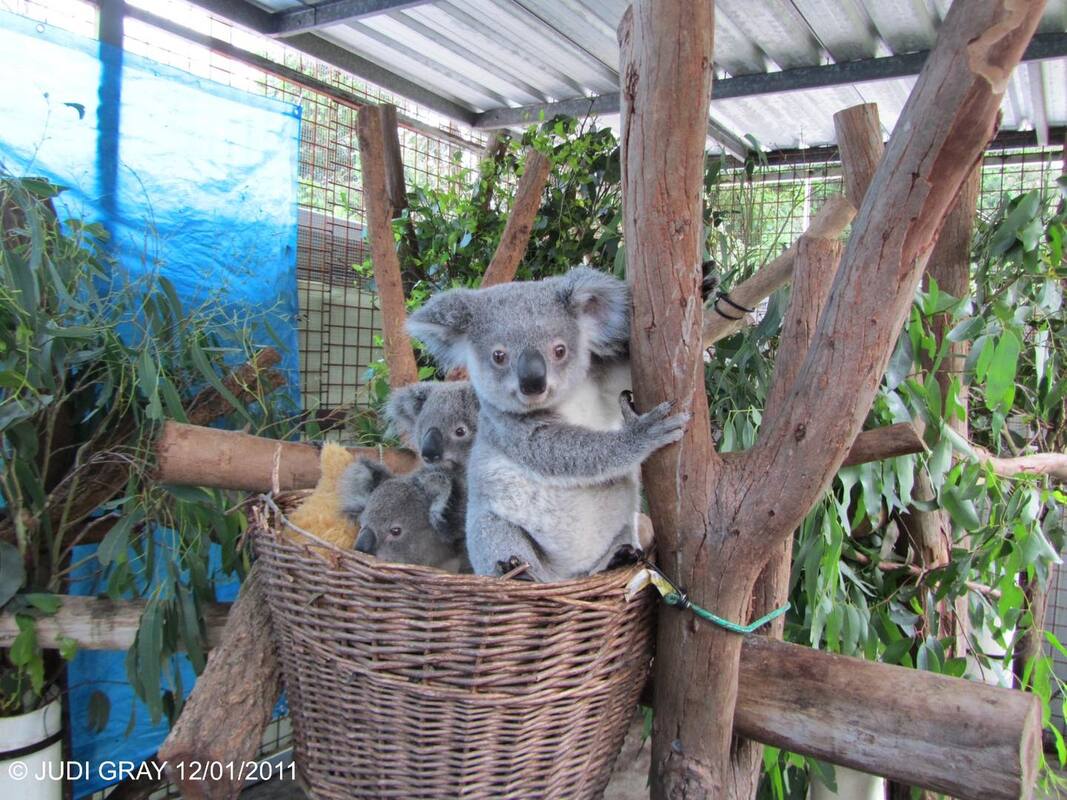
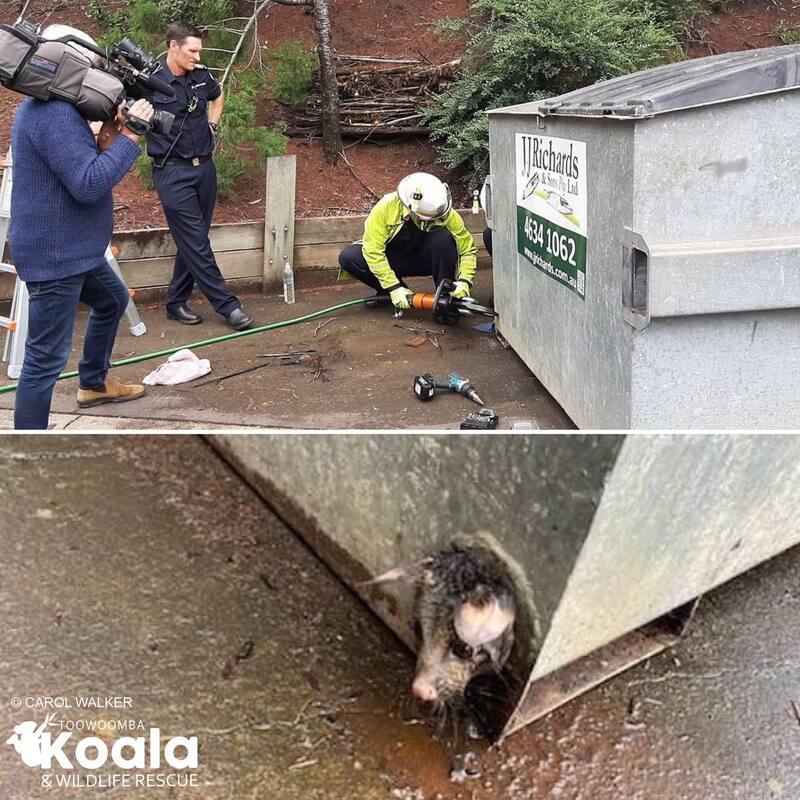
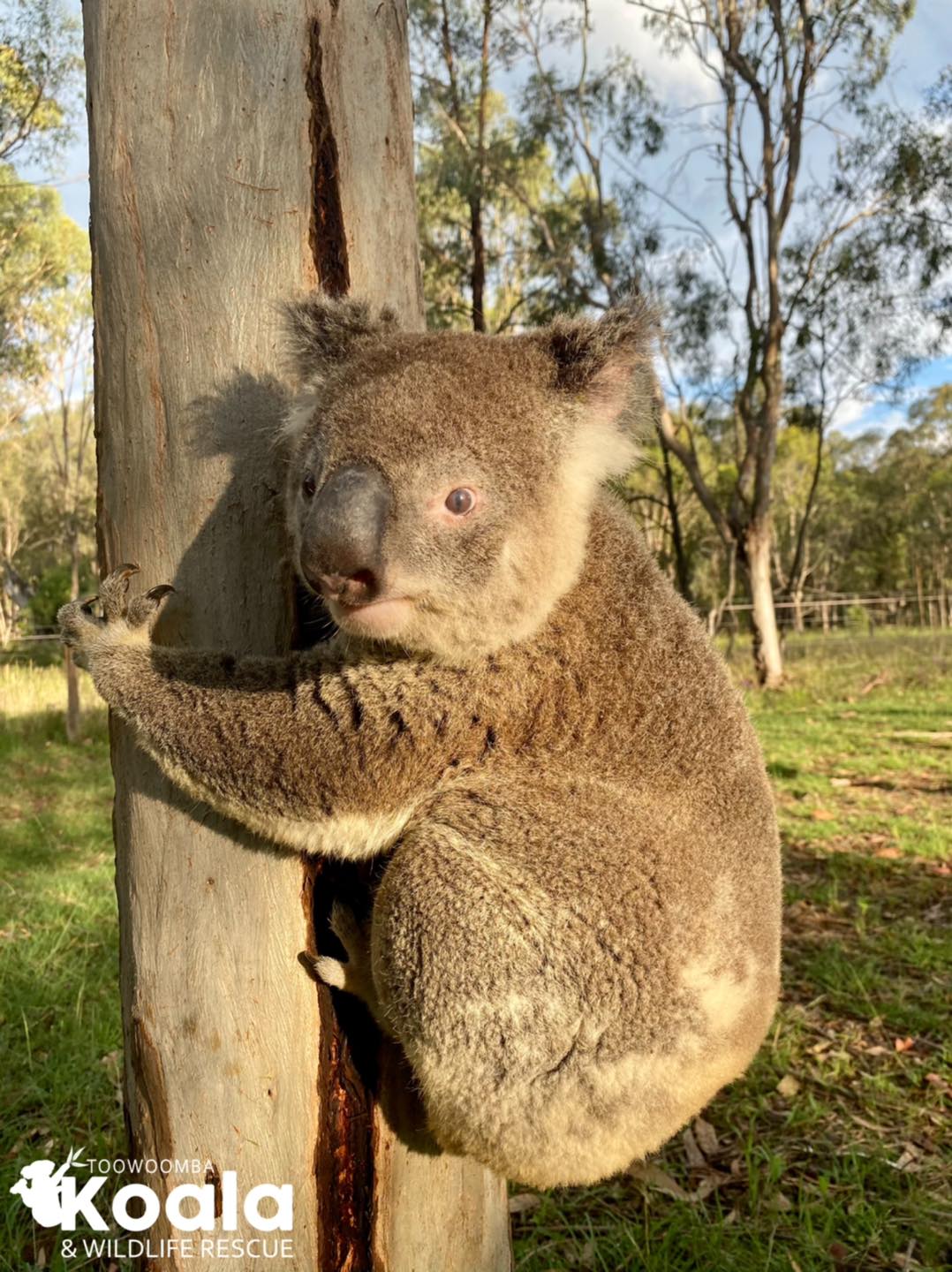
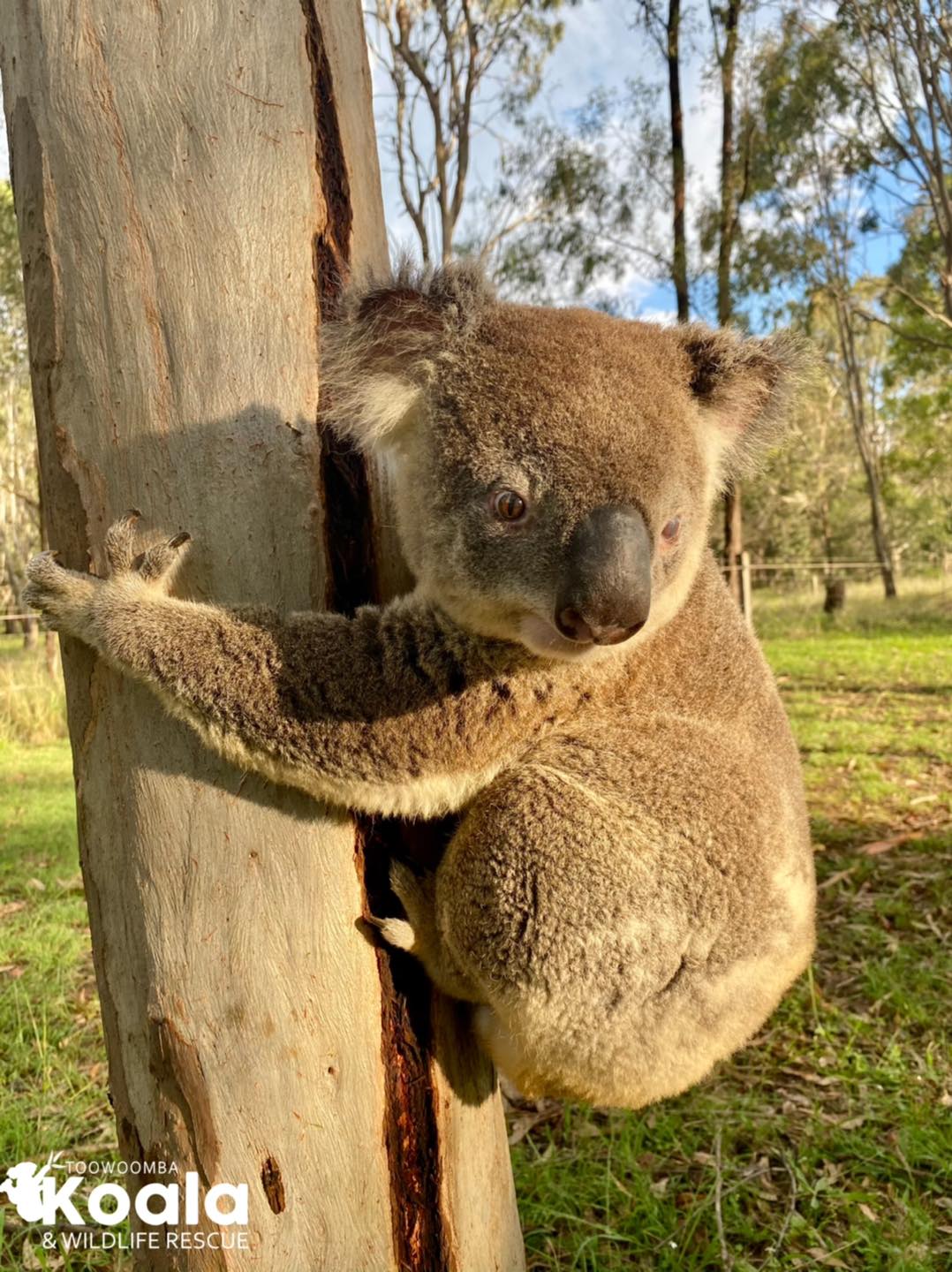
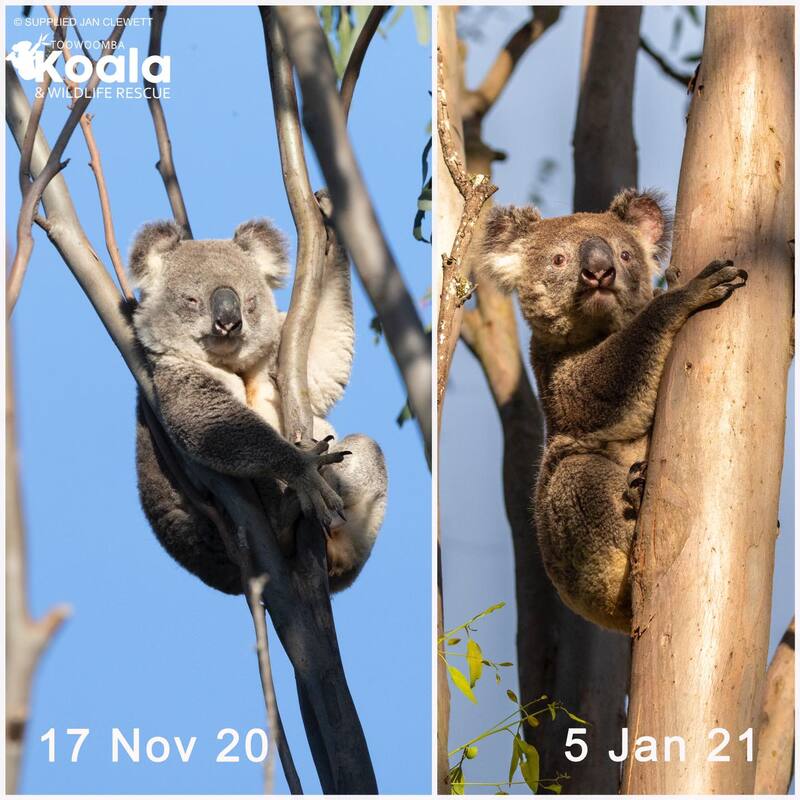
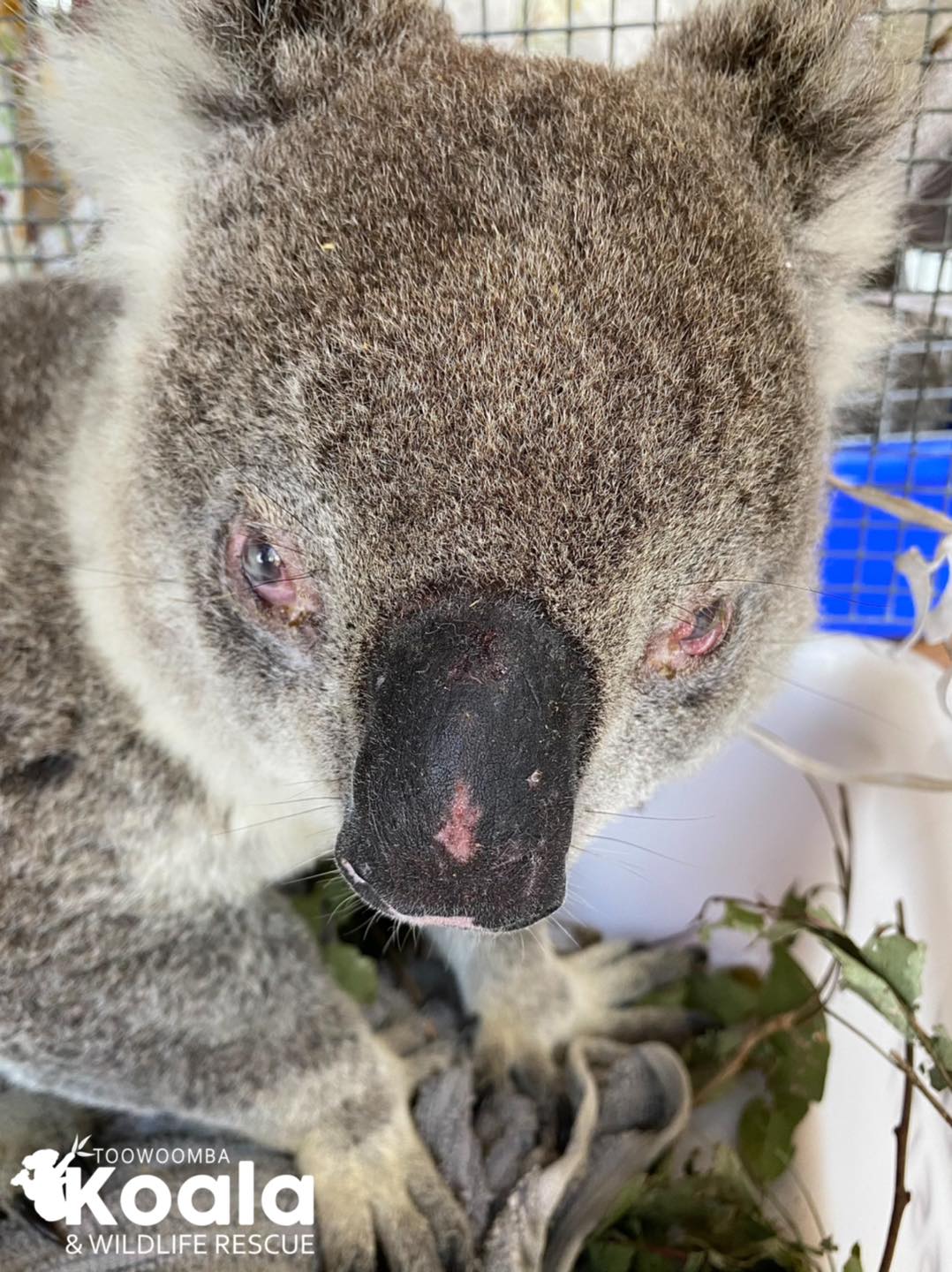
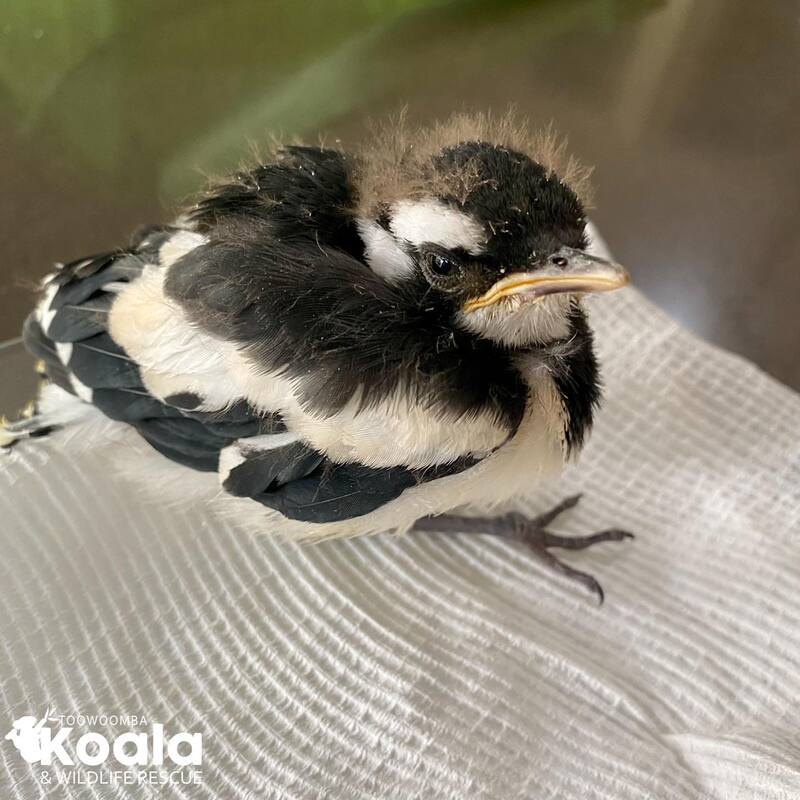
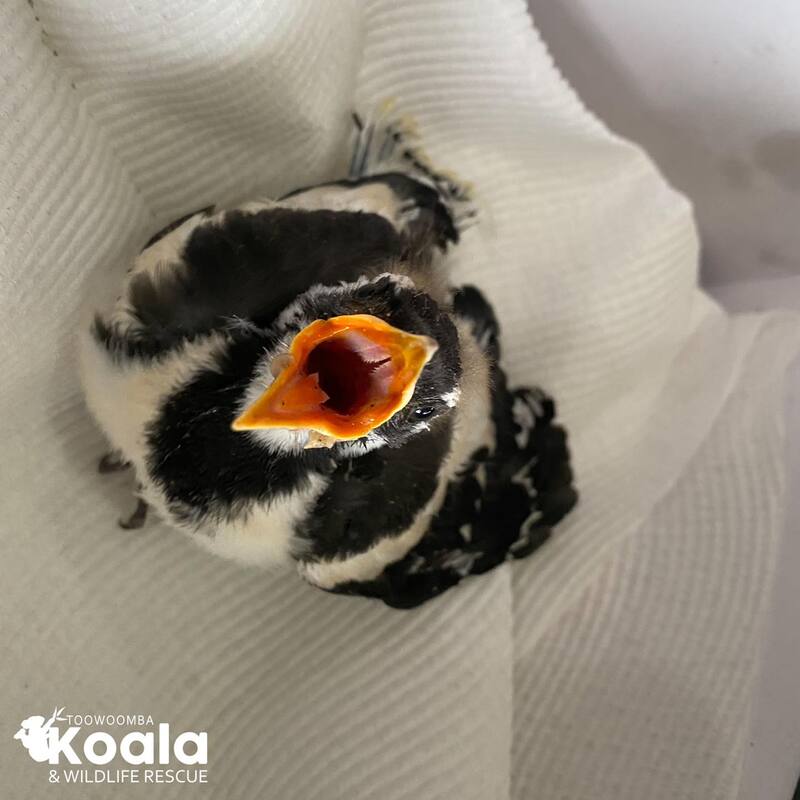
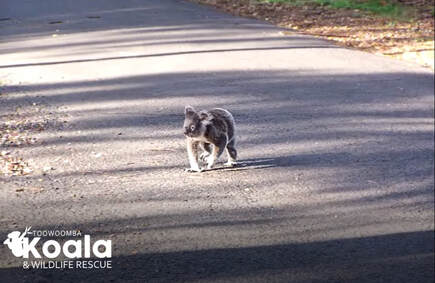
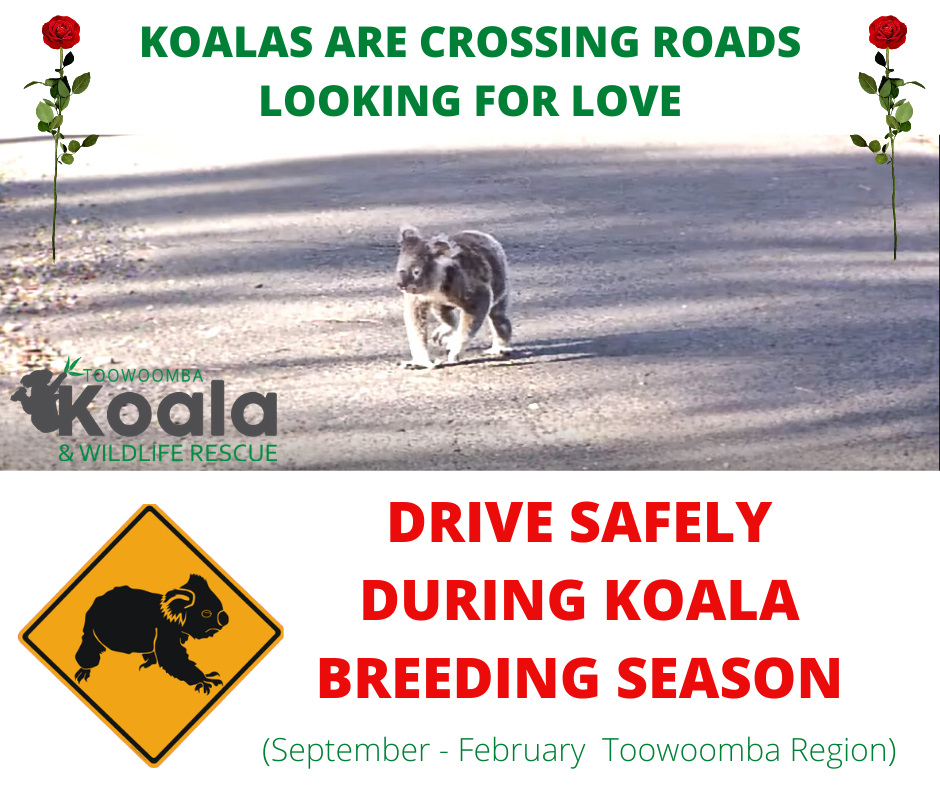
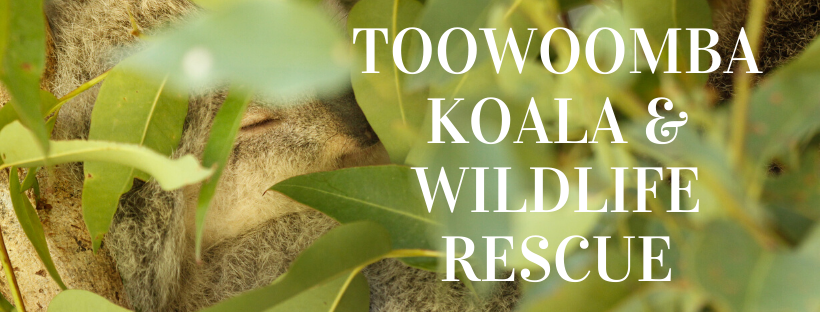
 RSS Feed
RSS Feed
